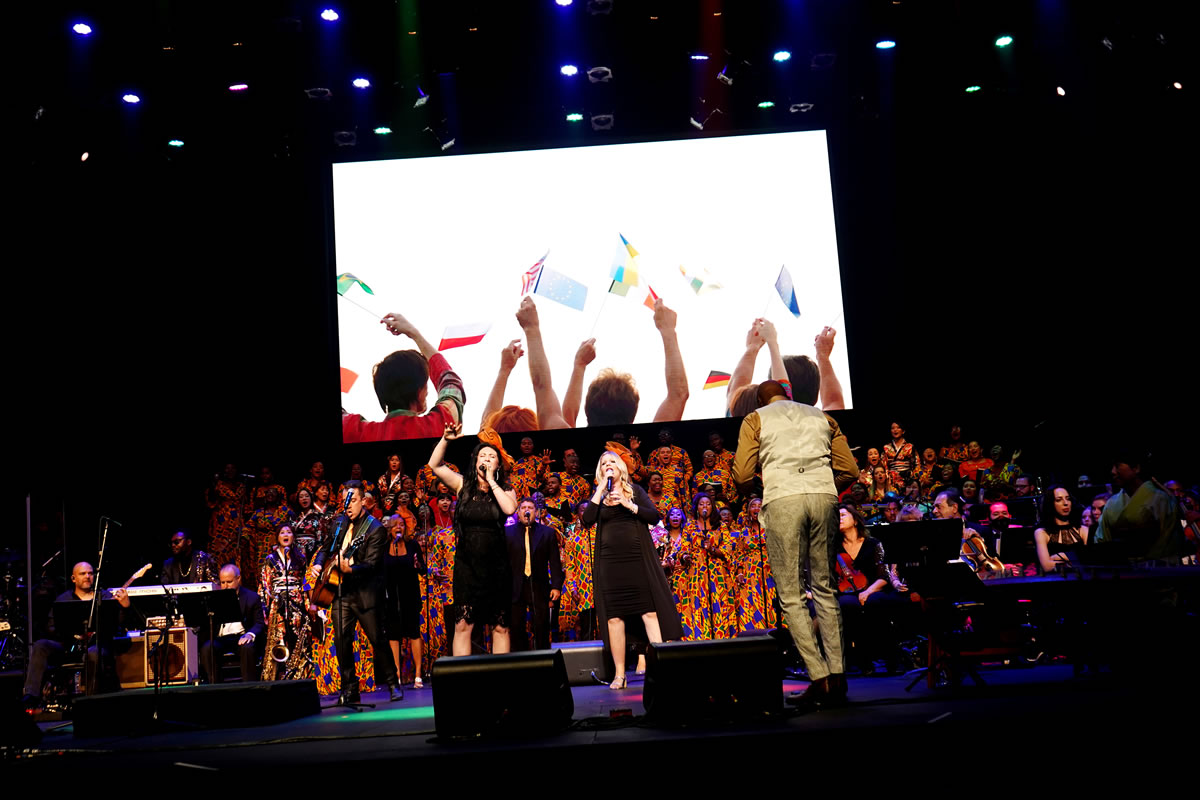Music is an art form that has been an integral part of human culture for thousands of years. The antiquity of musical activities can be traced back to the earliest civilizations, where music played a significant role in religious rituals, cultural ceremonies, and social events. The history of music is a testament to the power and influence that it has had on the evolution of human societies.
One of the earliest forms of musical activities can be traced back to ancient civilizations such as Egypt, Mesopotamia, and Greece. Music played an important role in religious ceremonies and was used to worship gods and goddesses. The Egyptians believed that music had the power to heal the sick, and it was used in medical practices. The Mesopotamians used music as a form of communication, and it was also used in their religious ceremonies.
In ancient Greece, music was an integral part of the education system, and it was believed that it had a significant impact on the development of young minds. The Greek philosopher, Plato, believed that music had the power to shape character and was essential for creating a harmonious society. Music was also used in ancient Greece for entertainment purposes, and it was performed at festivals and public events.
Tomorrow is the most important thing in life. Comes into us at midnight very clean. It's perfect when it arrives and it puts itself in our hands. It hopes we've learned something from yesterday.

As time passed, music continued to evolve and change, reflecting the social and cultural changes that were taking place. In the Middle Ages, music was primarily used in religious ceremonies, and it was composed mainly of chants and hymns. However, with the advent of the Renaissance period, music began to take on a more secular form, and composers began to experiment with different musical instruments and techniques.
The Baroque period saw a significant change in the musical landscape, with composers such as Bach, Handel, and Vivaldi creating complex and intricate compositions that are still appreciated today. The Classical period, which followed the Baroque period, saw the emergence of composers such as Mozart and Beethoven, who revolutionized the musical world with their innovative compositions.
In the modern era, music has become a global phenomenon, and it is enjoyed by people from all walks of life. The advent of new technologies has made it easier for musicians to create and share their music, and the internet has enabled music to be shared on a global scale.
In conclusion, the antiquity of musical activities can be traced back to the earliest civilizations, where music played an important role in religious, cultural, and social events. Throughout history, music has continued to evolve and change, reflecting the social and cultural changes that were taking place. Today, music remains an important part of human culture, and it continues to bring people together from all over the world.


